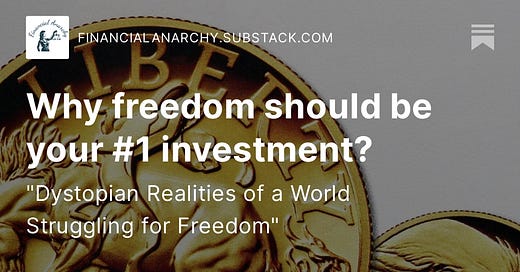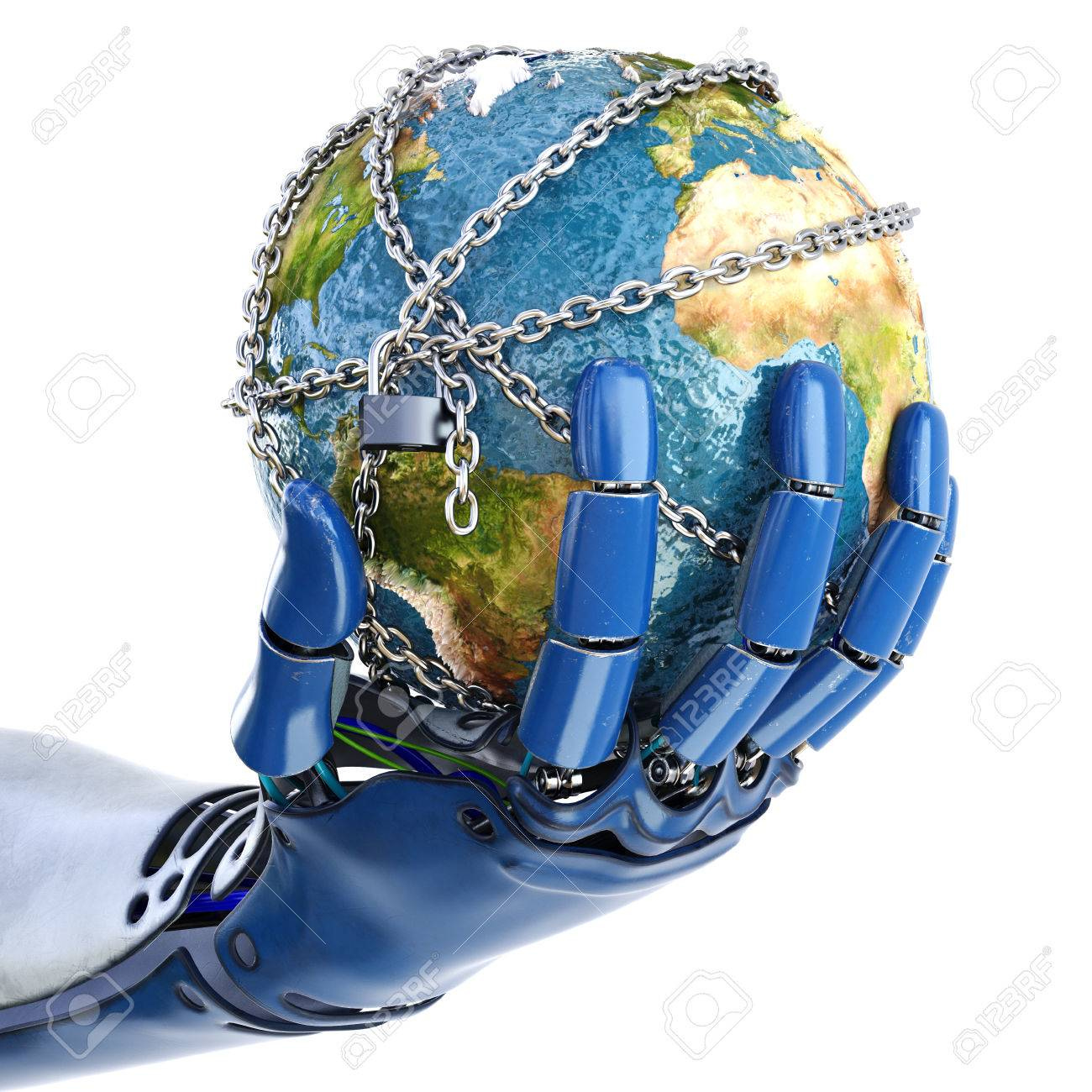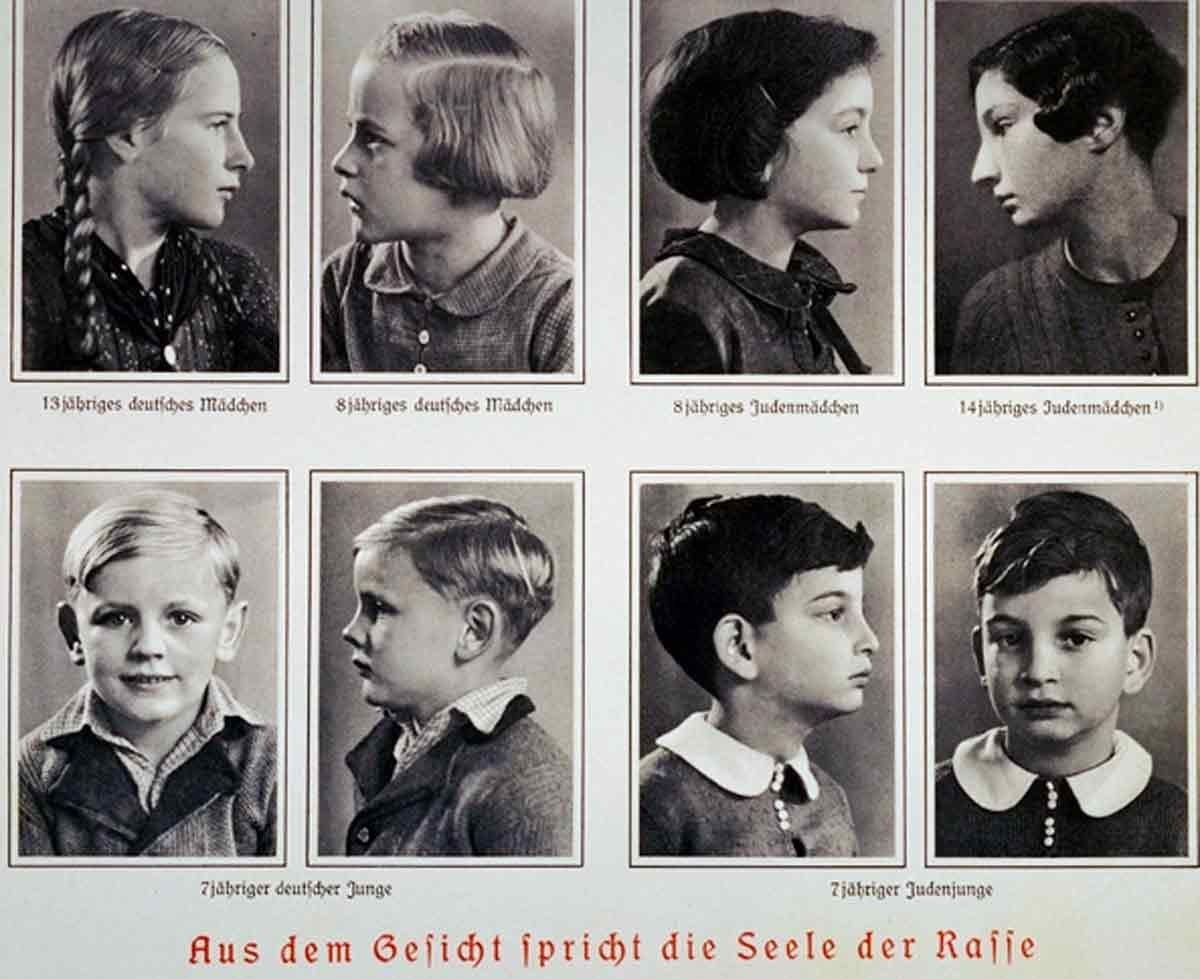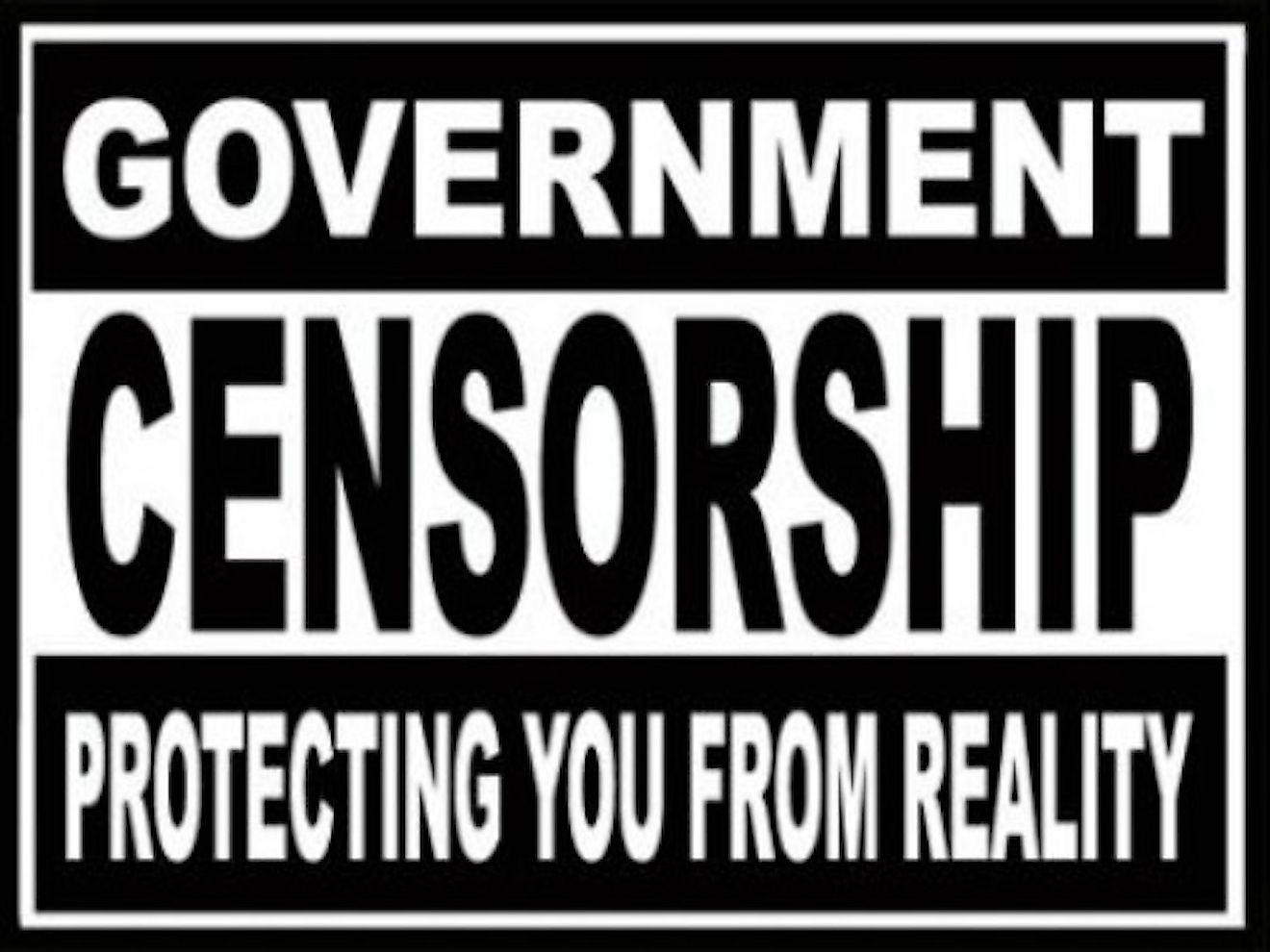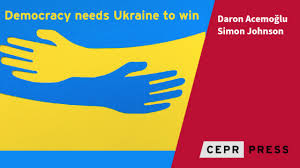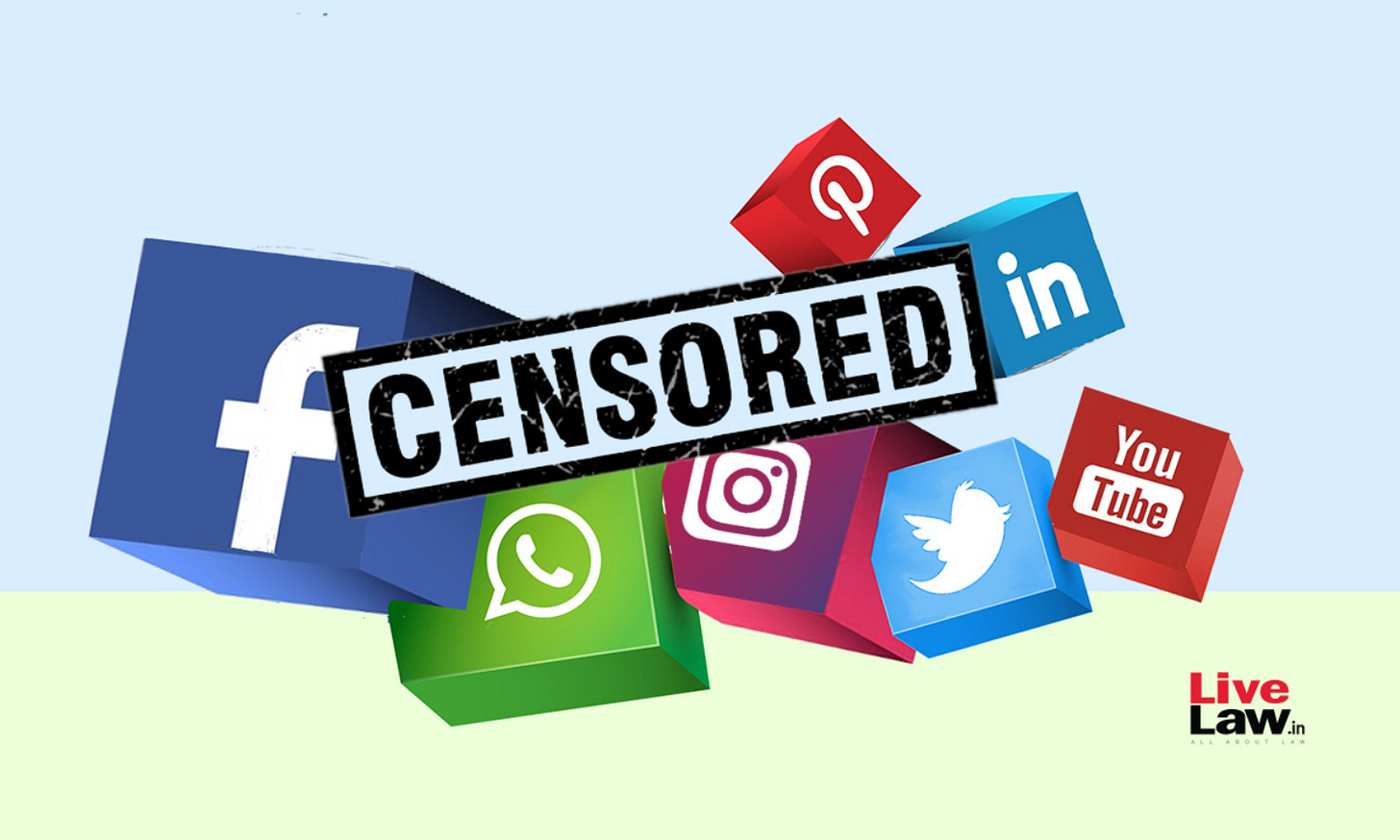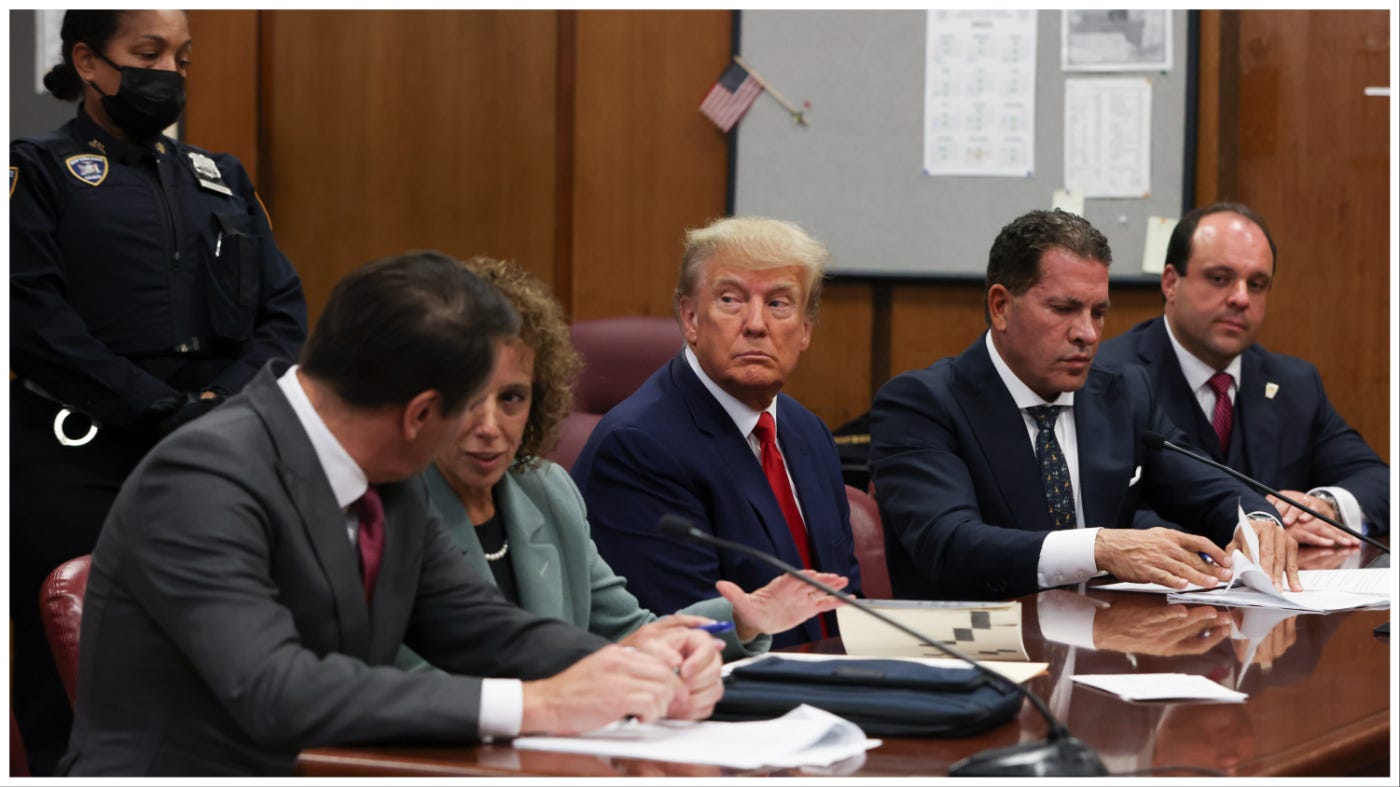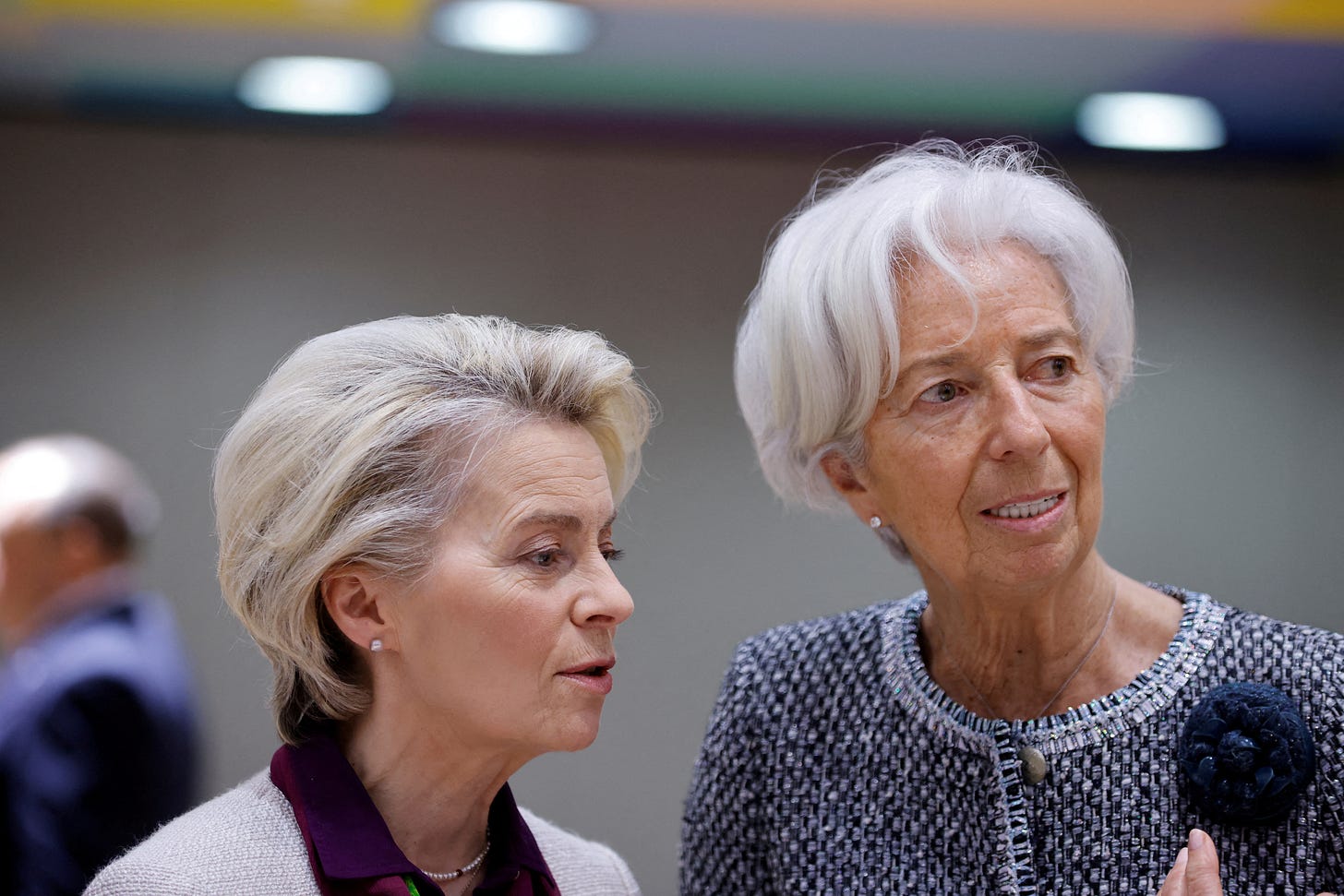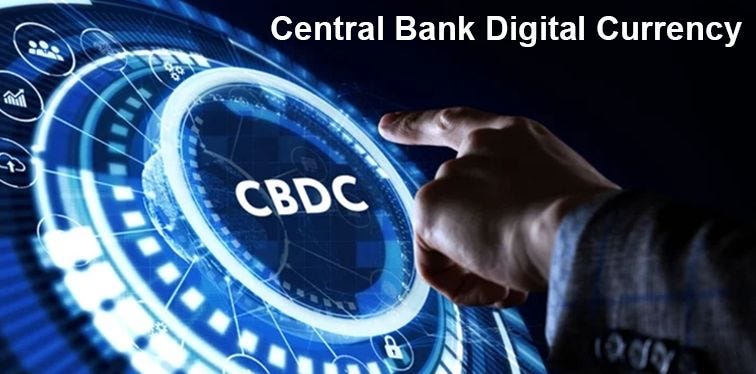Why freedom should be your #1 investment?
"Dystopian Realities of a World Struggling for Freedom"
"I'd like to share this with everyone who is striving to achieve substantial financial gains, navigating through one of the most formidable markets. We place bets, often challenging, and rely on extensive research to grow and safeguard the currencies we've worked hard to earn."
We've been preoccupied, focusing on the smoke when the real fire rages elsewhere. Now that we're aware, indifference sets in. I'm choosing to live life on my terms, doing as I please, and then doing even more of it. If we collectively adopt this mindset simultaneously, those in power lose their grip.
Within this reality we call a matrix, freedom seems to be fading, manipulated by a powerful force convincing us it can be switched off with a mere signature from a corrupt politician.
Christ came to demonstrate resistance against such manipulation. He showed us the path. Hence, this newsletter is named "Financial Anarchy" because we're uninterested in the desires of Davos and its associates. We're familiar with their names, but we won't bow to their influence.
This is the time to reclaim our freedom, and that starts with BUYING real gold and silver, so please, do yourself a favor, and go and buy back your freedom before what I will next talk about shakes your reality.
A world without freedom
A world without freedom would likely be characterized by a lack of individual liberties, autonomy, and the ability for people to make choices without undue interference.
In envisioning a world without freedom, one is drawn into a dystopian realm where the very essence of individual liberties and autonomy is systematically eroded. It's a landscape marked by political repression, restricted personal choices, economic coercion, censorship, social conformity, and legal arbitrariness. The foundations of democracy crumble, giving way to a society characterized by oppression and constraint.
Yet, as we explore the contours of this hypothetical world, a disconcerting realization emerges – elements of this dystopia already echo in the world we inhabit. The subtle encroachments on personal freedoms, the manipulations of information, and the surveillance that permeates our daily lives—all hint at a reality where the principles of liberty are under siege. In this introduction, we delve into the conceptual world without freedom, recognizing the disquieting parallels that exist in our present reality, urging us to contemplate the imperatives of safeguarding the liberties that define the essence of humanity.
Restricted Personal Choices
In a world devoid of freedom, individuals grapple with significant constraints on their decision-making, shaping the course of their lives. From career choices to relationships and personal beliefs, authorities exert substantial influence, dictating and often restricting the spectrum of choices available, from deciding what people will eat all the way to who can reproduce. This pervasive limitation results in diminished autonomy and a tangible void in personal fulfillment.
Examining the Nazi era, specifically under Adolf Hitler's regime, reveals a deliberate endeavor to exert control through eugenics policies. The Nazis, driven by the ideology of promoting a "pure" Aryan race, sought to regulate procreation, implementing measures such as the forced sterilization of those deemed "genetically unfit" and encouraging unions based on perceived racial purity.
Limited Political Rights
The suppression of political rights, exemplified by actions such as blocking dissenting political parties, not only obstructs the democratic process but also has far-reaching implications for the rights and freedoms of citizens. The Ukrainian example with President Zelensky serves as a contemporary illustration of the complexities and challenges associated with safeguarding political freedoms in the face of authoritarian tactics and Bans Opposition Parties in Ukraine.
In lacking political freedom, citizens may find their fundamental political rights constrained. This goes beyond a mere absence of voting rights; it encompasses the suppression of dissenting voices. Authorities wield significant power, possibly adopting authoritarian or totalitarian tactics to stifle opposition and tightly control the dissemination of information. This restriction transcends the mere act of voting, extending to impede the very foundations of a participatory democracy.
Censorship and Propaganda
Freedom of speech and the press could be severely curtailed, leading to censorship and the dissemination of only government-approved information. Propaganda might be widespread to control public opinion.
The restriction of freedom of speech involves suppressing dissenting opinions, critical analysis, and alternative viewpoints. This limitation can manifest through legal frameworks, governmental pressure on media outlets, or, as increasingly observed, collaboration with major online platforms to regulate content. The result is an environment where certain perspectives are silenced, and the public is denied access to a full spectrum of ideas.
Control of Information
In conjunction with limiting political rights, governments in these scenarios often control information flows. This control extends beyond restricting dissenting political parties and may encompass censorship, propaganda, and manipulation of narratives to shape public perception in favor of the ruling regime, often resulting in a narrative dominated by government-approved information. This controlled dissemination limits the public's ability to form independent opinions, eroding the foundations of an informed and participatory citizenry. When only one perspective is allowed to flourish, it creates a skewed version of reality that may serve the interests of those in power.
Widespread propaganda becomes a complementary strategy to enforce conformity of thought. The intentional shaping of narratives, often through persuasive and emotionally charged messaging, aims to mold public opinion in alignment with the government's objectives.
Also, by limiting access to diverse information and promoting a specific narrative, authorities seek to influence how individuals perceive events, policies, and even their own reality. This control extends beyond the suppression of dissent to actively shaping the collective mindset of the population.
Suppression through Digital Platforms
Governments, in tandem with influential social media and video-sharing platforms, exploit their reach and control to enact a form of digital censorship. This involves not only restricting the voices of dissent but actively suppressing them through coordinated actions that limit the visibility and accessibility of content diverging from the officially sanctioned narrative.
The suppression of freedom of speech and press could extend to severe curtailment, as observed in instances where platforms like Twitter, Facebook, YouTube, and various others collaborated with the government to block dissenting opinions on issues such as lockdowns, the COVID vaccine, and LGBTQ agendas. In these scenarios, dissemination of information becomes highly regulated and limited to government-approved narratives. The prevalence of propaganda becomes a pervasive tool to shape and control public opinion in alignment with official perspectives.
Lack of Rule of Law
In a society lacking a strong rule of law, there's a risk of sliding into arbitrary governance, where justice becomes a casualty of political convenience. The foundations of a fair and impartial legal system crumble, leaving individuals without reliable recourse, and vulnerable to the whims of those in power. In this scenario, the legal framework isn't a beacon of justice but a flexible tool manipulated to serve the interests of the ruling elite, often at the expense of the general well-being of the population.
The erosion of an impartial legal system means that justice is no longer blind; it becomes susceptible to external influences. This erosion could manifest through politically motivated appointments, interference in legal proceedings, or the selective application of laws, leading to unequal treatment under the law for individuals regardless of their standing.
In a system lacking the rule of law, access to justice becomes a privilege rather than a right. The judiciary, instead of being a path for impartial resolution, might become an instrument of repression. Citizens critical of those in power may find their legal avenues obstructed, resulting in a sense of disenfranchisement and helplessness.
An arbitrary legal framework is one where rules change based on the whims of those in authority. Laws may be selectively enforced or manipulated to target specific individuals or groups, often serving political objectives rather than upholding justice. This arbitrary nature undermines the predictability and stability that a fair legal system should provide.
In such a legal vacuum, the interests of the powerful take precedence over the principles of justice. Legal institutions may be co-opted to shield those in power from accountability, fostering an environment where corruption, abuse of authority, and impunity prevail. The erosion of the rule of law becomes a breeding ground for systemic injustice.
A contemporary illustration of these dynamics is the constant narrative surrounding President Trump and the perceived interference of the "deep state." The accusation is that there is an invisible hand, a network within the government apparatus, influencing and obstructing Trump's initiatives. This example underscores the notion that without a robust rule of law, even the highest office in the land can be subject to manipulation, compromising justice in the pursuit of political agendas.
Limited Economic Freedom
Economic activities may be tightly controlled, limiting entrepreneurship, innovation, and individual prosperity. People might not have the freedom to choose their occupations or start businesses, and the constrictions on economic activities extend beyond mere regulation, stifling entrepreneurship, innovation, and the potential for individual prosperity. Stringent controls strip individuals of the freedom to choose their occupations or embark on entrepreneurial pursuits, painting a bleak picture where economic autonomy is curtailed, and the ability to shape one's destiny through innovation and enterprise is compromised.
This tight control translates into a hostile environment for entrepreneurs, where regulations, licensing hurdles, and bureaucratic red tape act as formidable barriers, discouraging individuals from pursuing their entrepreneurial ambitions. This not only hampers individual economic growth but also diminishes the dynamism crucial for overall economic health.
Limited economic freedom correlates with a dampening of innovation, as incentives for creative problem-solving diminish in a heavily regulated economic landscape. Innovators find their ideas constrained by a system favoring conformity over ingenuity, stifling the engine that propels societies forward.
Individuals facing restricted economic freedom may find themselves pigeonholed into occupations dictated by external forces rather than personal passion or aptitude. The lack of freedom to choose one's profession can lead to a disconnection between individuals and their work, resulting in reduced job satisfaction and overall well-being.
The suppression of economic freedom manifests in the curtailment of business initiatives, impacting start-ups and small enterprises, often the lifeblood of a dynamic economy. Hurdles, ranging from prohibitive regulations to limited access to resources, result in a stunted business landscape that fails to realize its full potential.
Amidst these economic constraints, gold and silver transcend their roles as commodities; they become symbols of liberty. Historically, these precious metals have served as a store of value, a hedge against economic uncertainties, and a form of financial autonomy. Their tangible nature and intrinsic value make them immune to the manipulations of centralized authorities, offering individuals a means to safeguard their wealth outside the constraints of a controlled economic system.
CBDCs
In the context of Central Bank Digital Currencies (CBDCs), the concerns outlined previously become particularly relevant as these digital currencies introduce a new dimension to economic control. CBDCs, being digital representations of a nation's currency issued by its central bank, have the potential to reshape the economic landscape.
Tightened Economic Control with CBDCs: The introduction of CBDCs could lead to even tighter control over economic activities. Central banks, through the digital nature of these currencies, gain unprecedented visibility into transactions, allowing for increased regulation and oversight. This heightened control may extend beyond traditional regulatory measures, affecting not only large-scale financial operations but also individual economic activities.
Impact on Entrepreneurship and Innovation: CBDCs could create a digital environment where entrepreneurship and innovation face new challenges. The centralization of financial data might subject entrepreneurs to stringent regulations, licensing requirements, and bureaucratic processes, akin to the barriers faced in traditional settings. This could discourage individuals from venturing into innovative and entrepreneurial pursuits, hampering not only individual growth but also stifling the dynamism crucial for overall economic health.
Conformity Over Ingenuity: The centralized nature of CBDCs raises concerns about innovation being stifled. As financial transactions become more regulated and monitored, the system may inadvertently favor conformity over ingenuity. Innovators might find their ideas constrained within the parameters set by the centralized authorities, limiting the potential for groundbreaking advancements that could propel societies forward.
Occupational Constraints and Job Satisfaction: CBDCs could influence occupational choices and job satisfaction. Individuals might find themselves restricted to certain occupations dictated by the digital framework, potentially leading to a disconnection between personal passion and professional pursuits. The lack of freedom to choose one's profession in this digital financial landscape could result in diminished job satisfaction and overall well-being.
Impact on Business Initiatives: The advent of CBDCs may bring about changes in the business landscape. Start-ups and small enterprises, often considered the lifeblood of a dynamic economy, might face new hurdles in this digitized financial ecosystem. Regulatory complexities and potential limitations on access to CBDC-related resources could hinder these businesses, limiting their ability to realize their full potential.
Role of Precious Metals in Contrast: In contrast to the constraints introduced by CBDCs, gold and silver, with their historical significance as symbols of liberty, take on renewed importance. As CBDCs potentially enhance centralized control, these precious metals remain outside the digital constraints, serving as alternative assets that are immune to manipulations by centralized authorities. They continue to represent a store of value, a hedge against economic uncertainties, and a form of financial autonomy.
More type limitations:
Social Control: Surveillance could be pervasive, with the government monitoring citizens' activities, suppressing dissent, and punishing perceived threats to the regime. Privacy may be nonexistent.
Discrimination and Oppression: Without freedom, there may be little protection against discrimination based on factors such as race, religion, gender, or political beliefs. Certain groups could face systematic oppression.
Lack of International Cooperation: Nations in a world without freedom might not engage in international cooperation based on shared values. Diplomacy could be characterized by coercion rather than collaboration.
Stagnation and Lack of Innovation: Innovation and progress could be stifled in a world without freedom. Without the ability for individuals to think independently and pursue new ideas, societies might struggle to adapt and evolve.
General Lack of Happiness and Fulfillment: The absence of personal freedoms and the ability to pursue individual goals could lead to a sense of dissatisfaction and unfulfilled lives among the population.
GOLD & SILVER
The role of precious metals as the path to liberty becomes increasingly profound. As we navigate through scenarios of limited economic freedom, potential innovation stifling, and the encroachment of central bank digital currencies (CBDCs), the enduring significance of gold and silver emerges as a beacon of financial autonomy.
The limitations on economic freedom portrayed in various contexts, from heavy regulations to occupational constraints, paint a stark picture of societal constraints. In such environments, entrepreneurship, innovation, and individual prosperity face formidable barriers. The dynamism essential for economic health is compromised, leaving individuals with restricted choices and diminished opportunities to shape their destinies.
Enter CBDCs, the digital evolution of national currencies, introducing a new paradigm in financial transactions. While promising efficiency and convenience, CBDCs also bring concerns of heightened economic control. The centralized oversight they afford to central banks raises questions about individual autonomy, innovation, and the potential for unforeseen consequences on the entrepreneurial spirit. The very attributes that make CBDCs efficient, such as traceability and control, pose challenges to economic freedom.
In this digital landscape, the path to liberty finds a counterbalance in the enduring allure of precious metals—gold and silver. These metals, with their historical significance, transcend their roles as mere commodities. They become symbols of liberty, representing a timeless refuge for those seeking financial independence.
Amidst economic constraints and potential innovation stifling associated with centralized financial systems, gold and silver offer a refuge from the digital confines. They exist beyond the control of centralized authorities, immune to the manipulations that might restrict individual choices and curtail economic potential. Their tangible nature and intrinsic value make them a store of value, a hedge against economic uncertainties, and a conduit to financial autonomy.
While CBDCs might inadvertently foster conformity over ingenuity, precious metals stand as an emblem of the power of human ingenuity. The innovation that fueled the discovery and utilization of these metals remains a testament to human resilience and creativity. In a world where digital currencies threaten to regulate and monitor every transaction, precious metals stand as a reminder of the importance of preserving spaces for unbridled innovation and individual expression.
The occupational constraints and reduced job satisfaction associated with restricted economic freedom find an antidote in the enduring appeal of precious metals. Gold and silver offer an alternative avenue, independent of digital frameworks, where individuals can safeguard their wealth without being confined to dictated occupational choices. In contrast to the potential hurdles posed by CBDCs, precious metals provide a timeless refuge for those seeking to shape their professional destinies.
The path to liberty in the contemporary financial landscape intertwines with the enduring allure of precious metals. Gold and silver, with their rich history and intrinsic value, serve as more than commodities; they represent a journey toward financial autonomy. As economic constraints tighten and digital currencies promise efficiency at the cost of individual freedoms, the timeless appeal of precious metals shines bright. In their tangible, unregulated existence, they offer individuals a means to secure their economic well-being independently of stringent controls, embodying the spirit of liberty in the face of evolving financial paradigms.
Like, Subscribe, and Share to Spread the Word!
If you found this analysis informative and eye-opening, we invite you to like, subscribe, and share this video to help us spread the word. Together, we can build a community of Financial Anarchy advocates who are dedicated to promoting financial literacy and advocating for sound monetary policies. By amplifying our message, we can empower individuals to take control of their financial well-being and contribute to a more equitable and sustainable future.
Support Our Work with a Bitcoin Donation
We also offer the opportunity to support our work and help us continue building the Financial Anarchy community. If you would like to make a contribution, we gratefully accept donations in Bitcoin. Your support will enable us to create more educational content, engage in meaningful activism, and further our mission of challenging the status quo. To donate, please use the following Bitcoin address:
1EkmtWDYzuhkiv3iYozKVnZFxsQxDetnfH
Thank you for joining us on this journey of understanding and change. Together, we can shape a brighter financial future for all.


